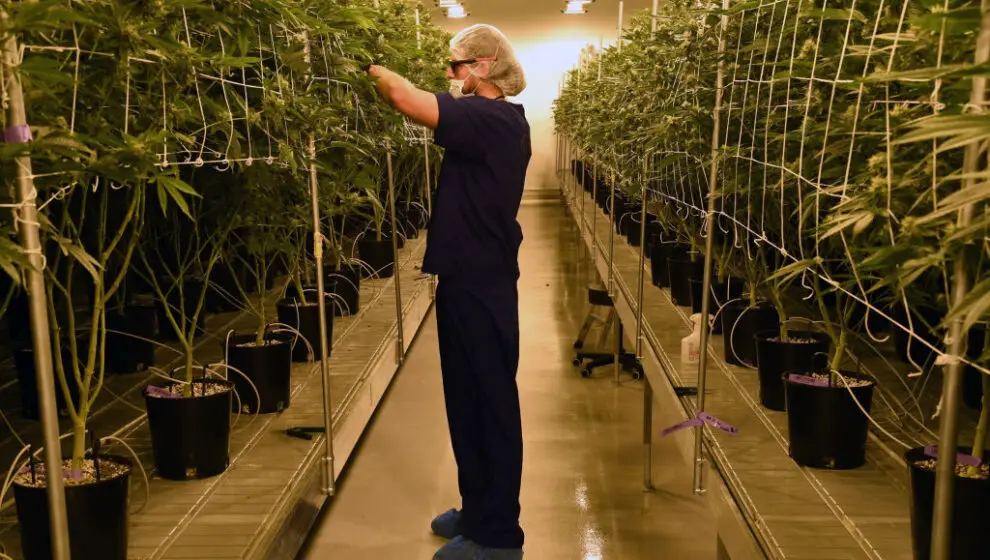More states are expected to join the growing list of legalizing adult cannabis use in the U.S. this year.
Key Details
- Currently, 21 states and Washington, D.C., have legalized recreational use for adults 21 years and older, and 37 states have legalized medical marijuana.
- An additional 11 states permit the use of products containing CBD and small amounts of tetrahydrocannabinol (THC), the compound found in marijuana that gives users the “high” feeling, according to Forbes.
- Idaho and Nebraska are the only two states that do not allow for any kind of legal marijuana use.
Why it’s news
Now that 21 states and Washington, D.C., have legalized cannabis for recreational use, marijuana sales have grown rapidly—representing a $26-billion industry. The industry is expected to continue growing in 2023, with more states legalizing the drug.
Three states passed legalized marijuana use last year, but Congress did not pass the SAFE Banking Act and did not vote on two bills that would end the country’s weed ban.
Dispensaries cannot participate in traditional banking practices, so if the bill passed, it would ban penalizing banks that provide services to cannabis-related businesses. The bill also would have allowed cannabis retailers to write off the cost of expenses that traditional businesses can write off, such as payments to employees.
Though the bills were not passed, the country did make some movement toward federal legalization and decriminalization. In one of the most significant steps toward cannabis law reform, President Joe Biden announced in October that he would pardon all U.S. citizens convicted of federal marijuana possession and also asked the Department of Health and Human Services and the Attorney General to review “expeditiously” how marijuana is scheduled under federal law, according to reports from Forbes.
Cannabis is currently classified as a Schedule 1 drug along with heroin and LSD. The category is reserved for narcotics with a high potential for abuse and no medical value, which is untrue for weed. “Too many lives have been upended because of our failed approach to marijuana,” Biden says. “It’s time that we right these wrongs.”
Many industry experts estimate that the legal marijuana industry will grow to $42 billion by 2026 if rules can be established to create a clear legal framework to sell across state lines.
Last year, three states legalized cannabis, and seven additional states could vote to legalize it by the end of 2023. Here’s where the cannabis map could expand in 2023, according to Forbes…
Hawaii
In Hawaii, where medical marijuana is currently legal, incoming governor Josh Green is supportive of legalizing adult marijuana use. “I think that people already have moved past that culturally as a concern,” Green said during a debate.
Kansas
In 2022, Kansas Governor Laura Kelly signed a bill into law allowing citizens to legally take FDA-approved medicine derived from cannabis, and a medical marijuana bill is expected to be introduced this year.
Kentucky
Kentucky is considering legalizing medical marijuana as Governor Andy Beshear said during his State of the Commonwealth Address that it’s time to legalize medical cannabis.
Minnesota
Minnesota currently allows medical marijuana, but now with Democrats controlling the State Senate, Governor Tim Waltz confirmed that he supports full legalization.
North Carolina
Democratic Governor Roy Cooper has expressed support for medical marijuana and recently said it has “an opportunity” to become legal this year.
Ohio
Lawmakers in Ohio have a four-month window to consider taking up adult-use cannabis legalization. If legislators don’t legalize it, it could potentially become a ballot measure in November of this year.
Oklahoma
Oklahoma will ask its voters if they want to legalize recreational marijuana through a ballot measure during a special election in March, according to reports.
